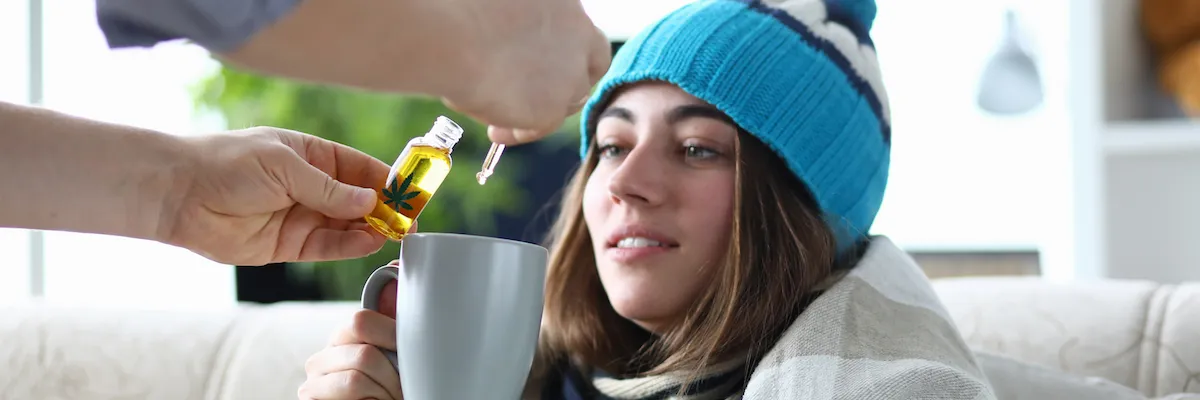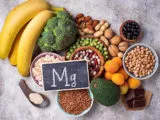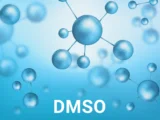Updated on 15. November 2021 from ÁYIO-Q Redaktion
Reading time: approx. 4 minutes
Plant extracts have a positive effect on ADHD
Little scientific research has been done with herbs or extracts from plants. In a 2006 double-blind, placebo-controlled study, 61 ADHD children took either a capsule of pine bark extract or a placebo daily for one month. The subsequent evaluation showed that hyperactivity was significantly reduced in the drug group, while at the same time the attention and concentration of the test subjects increased. No positive effects were observed in the placebo group.1
However, the complaints returned after a short period of time when the participants stopped using the substances regularly after the study. Since also the orthodox medical treatment with Ritalin & Co represents a permanent therapy, this fact does not speak against the pine bark extract.
In an open pilot study (without placebo control), a German research group investigated the influence of the famous medicinal plant Ginkgo biloba on children with ADHD. After three to five weeks, the 20 participants improved both their core ADHD symptoms and their quality of life.2
ADHD is often associated with an undersupply of vitamins and omega-3 fatty acids.
Several scientific research papers indicate that most adults and children with ADHD suffer from an undetected vitamin deficiency . The blood levels of vitamin D, riboflavin, vitamin B6, biotin and vitamin B12 in particular are reduced in those affected.3-6
Since vitamin D is involved in the body’s own production of the neurotransmitters dopamine and serotonin , a deficit promotes the occurrence of ADHD symptoms. Omega-3 fatty acids from fish oil also play an important role in the production of serotonin. Comparisons of recent studies conclude that vitamin D and omega-3 fatty acid intake can improve symptoms and cognitive performance in children and adolescents with ADHD.7-9
What minerals have been researched to date in relation to ADHD?
In addition to vitamin D, those affected also lack the trace element iron. This is the conclusion reached by researchers who studied 630 children with ADHD in the emirate of Qatar. Using hair analysis, Russian scientists determined the mineral status of children with behavioral problems. They discovered that the study participants were significantly deficient in magnesium, cobalt, vanadium, zinc, and manganese.10,11
What are the functions of these minerals in the body? As early as 2006, scientists at the Max Planck Institute for Brain Research in Frankfurt recognized the central role of the trace element zinc in the brain: Zinc ions perform essential functions in the regulation of nerve impulses at the synapses.
The term synapses is used to describe connection points between nerve cells (neurons). While an excitatory synapse transmits received information, inhibitory synapses restrict or alter the flow of information. Zinc plays a crucial role in helping our body understand and properly process the brain’s nerve impulses.12
The brain needs adequate amounts of iron to function optimally. An undersupply can lead to tiredness, lack of concentration and forgetfulness. Like iron, cobalt belongs to the heavy metals. As a component of vitamin B12 (cobalamin) and several of the body’s own enzymes, cobalt performs important functions in the nervous system. Manganese is also an essential part of various enzymes. In the brain, the trace element regulates the breakdown of the messenger substance glutamate.
Magnesium participates in more than 300 biochemical reactions in our organism. Since the mineral inhibits the transmission of nerve impulses, it reduces the feeling and subjective sensation of stress. In addition, magnesium has a positive effect on memory, concentration and learning ability.
About ten percent of the total amount of the trace element vanadium is found in the human brain. Its exact function could not be clarified until today. However, scientific studies suggest that vanadium participates in the control of various metabolic processes.13
Have any studies been done with these minerals? Yes, there are several research groups that have looked into the issue. In 2019, Egyptian scientists proved that taking iron and zinc helped alleviate symptoms of attention, hyperactivity, and impulsivity.14
A research paper from New Zealand had previously come to a similar conclusion. According to this study, supplementation with minerals and vitamins can improve inattention, emotional self-control, and aggressive behavior in children with ADHD.15
Related articles: ADHD / Attention Deficit Hyperactivity Disorder
Sources
[1] Trebatická J et al. Treatment of ADHD with French maritime pine bark extract, Pycnogenol. Eur Child Adolesc Psychiatry. 2006 Sep;15(6):329-35.
[2] Uebel-von Sandersleben H et al. Ginkgo biloba extract EGb761(R) in childen with ADHD. Z Kinder Jugendpsychiatr Psychother 2014. Sep 42(5):337-47.
[3] Bala KA et al. Hormone disorder and vitamin deficiency in attention deficit hyperactivity disorder (ADHD) and autism spectrum disorders (ASDs). J Pediatr Endocrinol Metab. 2016 Sep 1;29(9):1077-82.
[4] Kamal M et al. Is high prevalence of vitamin D deficiency a correlate for attention deficit hyperactivity disorder? Atten Defic Hyperact Disord. 2014 Jun;6(2):73-8.
[5] Goksugur SB et al. Vitamin D status in children with attention-deficit-hyperactivity disorder. Pediatr Int. 2014 Aug;56(4):515-9.
[6] Landaas ET et al. Vitamin levels in adults with ADHD. BJPsych Open. 2016 Nov; 2(6):377–384.
[Patrick RP, Ames BN. Vitamin D and the omega-3 fatty acids control serotonin synthesis and action, part 2: relevance for ADHD, bipolar disorder, schizophrenia, and impulsive behavior. FASEB J. 2015 Jun;29(6):2207-2222.
[8] Gan J et al. The Effect of Vitamin D Supplementation on Attention-Deficit/Hyperactivity Disorder: A Systematic Review and Meta-Analysis of Randomized Controlled Trials. J Child Adolesc Psychopharmacol. 2019 Nov;29(9):670-687.
[9] Chang JPC et al. Omega-3 Polyunsaturated Fatty Acids in Youths with Attention Deficit Hyperactivity Disorder: a Systematic Review and Meta-Analysis of Clinical Trials and Biological Studies. Neuropsychopharmacology. 2018 Feb;43(3):534-545.
[10] Skalny AV et a. Hair trace element concentrations in autism spectrum disorder (ASD) and attention deficit/hyperactivity disorder (ADHD). J Trace Elem Med Biol. 2020 Apr 28;61:126539.
[11] Bener A, Kamal M, Bener H, Bhugra D. Higher Prevalence of Iron Deficiency as Strong Predictor of Attention Deficit Hyperactivity Disorder in Children. Ann Med Health Sci Res. 2014 Sep;4(Suppl 3):S291-7.
[12] Die Rolle von Zink im Gehirn, auf https://www.organische-chemie.ch, Access date 20.06.2021
[13] Vanadium, auf https://www.onmeda.de, Access date 20.06.2021
[14] El-Baz FM et al. Association between circulating zinc/ferritin levels and parent Conner’s scores in children with attention deficit hyperactivity disorder. Eur Psychiatry. 2019 Oct;62:68-73.
[15] Rucklidge JJ et al. Vitamin-mineral treatment improves aggression and emotional regulation in children with ADHD: a fully blinded, randomized, placebo-controlled trial. J Child Psychol Psychiatry. 2018 Mar;59(3):232-246.















